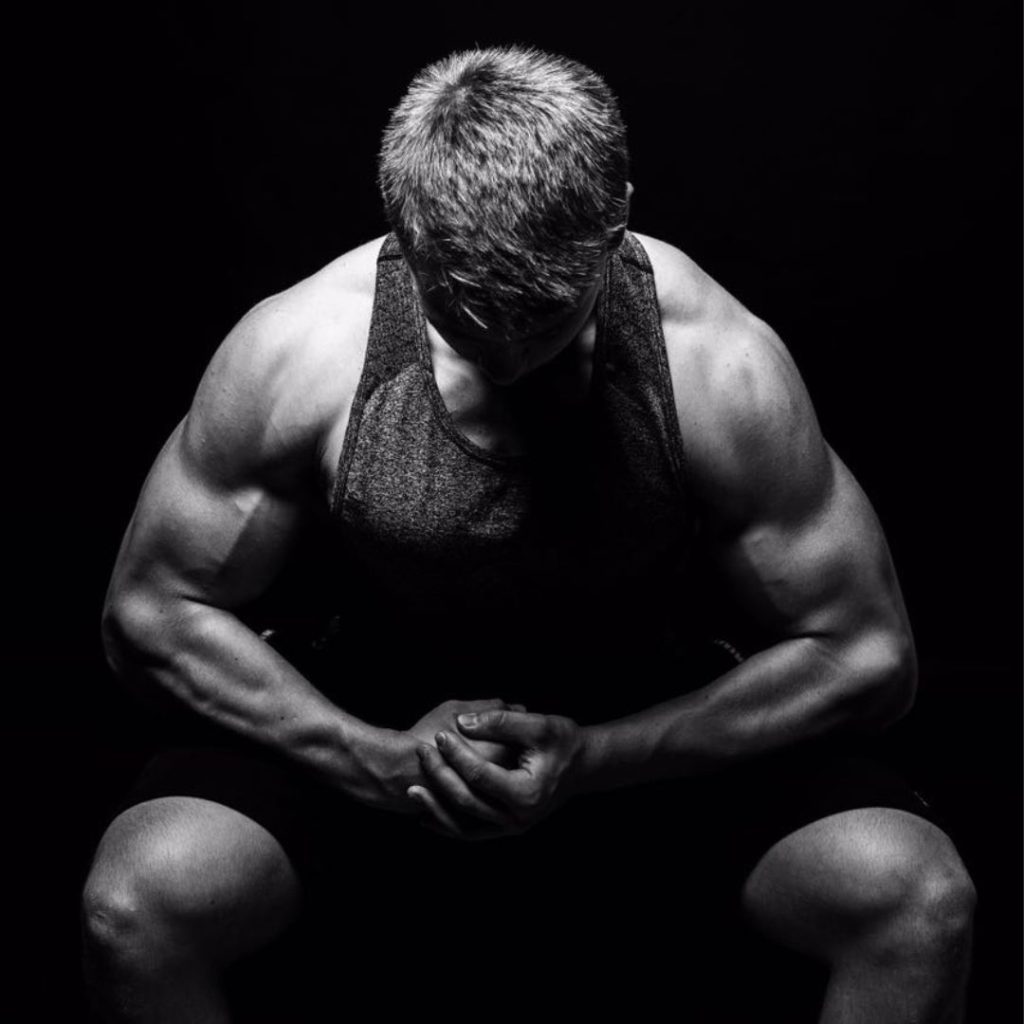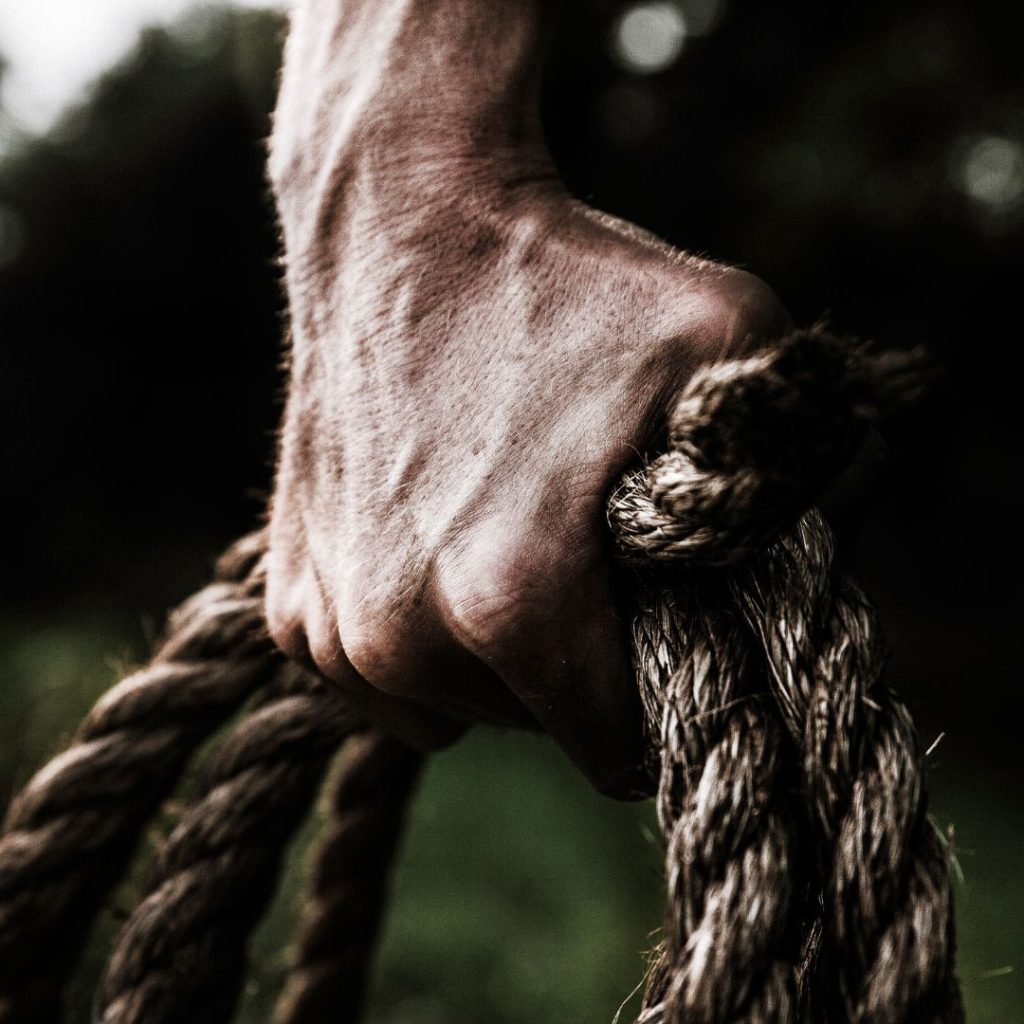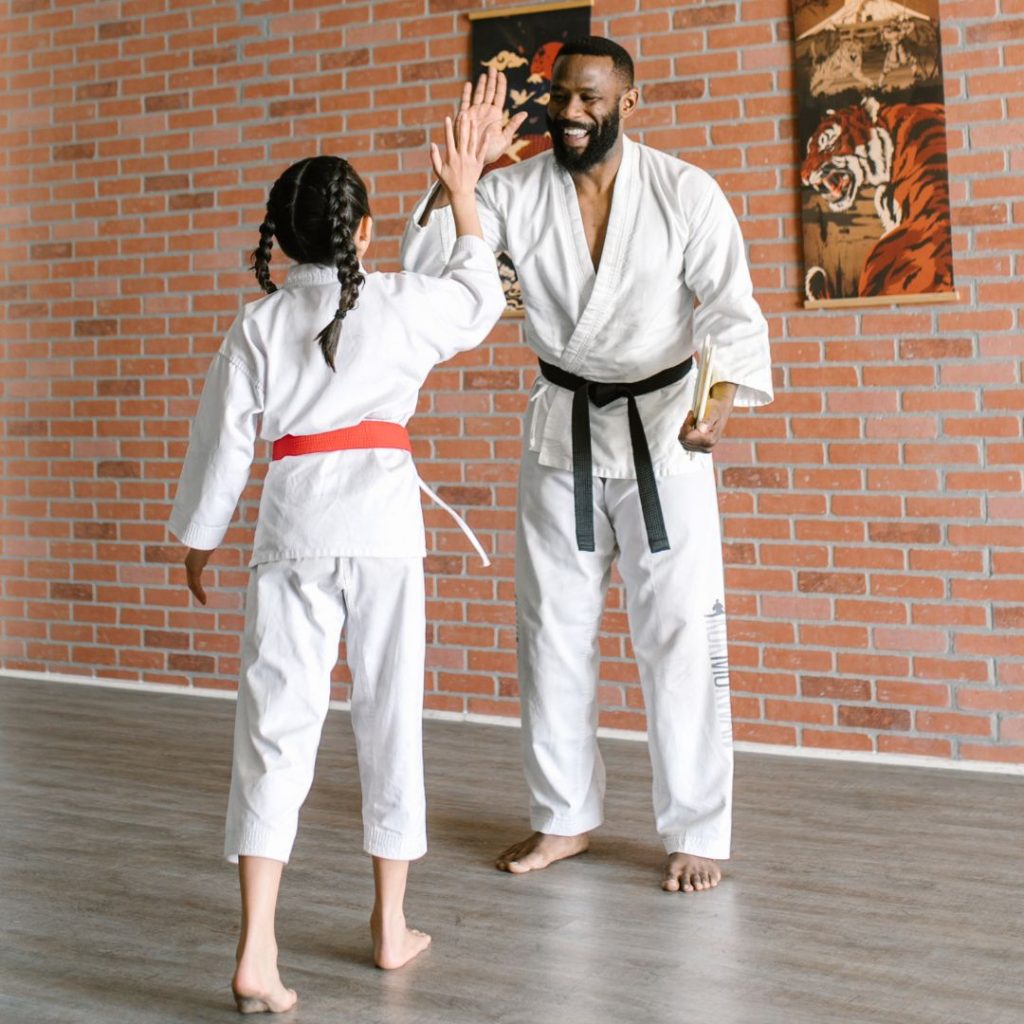
Welcome to the world of Brazilian Jiu-Jitsu, where technique and skill reign supreme. However, there's a persistent question among those who practice BJJ--do they use steroids to enhance their performance?
It's a topic that has been hotly debated for years, with some arguing that it's an unfair advantage and others claiming that it's simply a matter of personal choice.
In this article, we'll delve into the world of BJJ and steroids, separating fact from fiction and shedding light on a controversial issue. So with that out of the way, let's roll!
The prevalence of steroid use in BJJ

In addition to the physical risks of performance-enhancing drugs, there are also legal and moral considerations.
The use of PEDs is illegal in many countries. Even if it is not explicitly prohibited by law in your jurisdiction, it could still be considered unethical or a violation of the spirit of BJJ competitions.
Additionally, those who choose to use PEDs run the risk of being sanctioned by their organization or federation if they're caught, which--let's face it--they probably will be.
Many federations have also adopted a zero-tolerance policy when it comes to PED use, in order to protect the integrity of their competitions and uphold the principles upon which BJJ was founded.
Finally, it should be noted that while there may be some athletes who turn to performance-enhancing drugs for an edge on their opponents, this definitely doesn't mean that all competitors do so.
Most just don't, in fact. They typically realize that there are plenty of ways--healthier, more natural ways--for them to improve without resorting to banned substances: proper nutrition, restful sleep habits, physical condition, consistency, and commitment.
It's a lot more difficult of course, of that there's no doubt, but it's how our bodies are supposed to be getting stronger.
The dangers of steroid use

These types of growth hormones and performance-enhancing drugs have particularly frightening long-term effects, such as joint pain and carpal tunnel syndrome, mostly due to the increased pressure put on joints and tendons.
There's also an increased risk of diabetes associated with prolonged use, especially when it's done without the proper medical supervision.
So as you can probably tell, the use of steroids in BJJ is a decision that should not be taken lightly.
The potential side effects can have a devastating impact on both a jujitsuka's physical and mental health. Athletes should always consider these kinds of risks before deciding whether or not to use performance-enhancing drugs.
If an athlete still does decide to use steroids, then they'd be wise to understand the dangers involved and take steps to minimize any harm that can potentially be done to them.
This could include consulting with a medical professional or seeking out counseling from an addiction specialist if necessary.
In general though, these types of growth hormones and performance-enhancing drugs have particularly frightening long-term effects, such as joint pain and carpal tunnel syndrome, mostly due to the increased pressure put on joints and tendons.
Using steroids can also put an athlete at risk of disqualification from competition, especially the IBJJF, and that's on top of facing the inevitable legal consequences that come with this.
So if they're not allowed, then just don't. And if you're not sure, then consult with your coach or trainer to ensure that you're aware of any and all relevant rules.
The potential benefits of growth hormones

Still, for those of you who live in places that allow PEDs and have no interest in competitions, then they can still appear to be an attractive option. Their effects are pretty hard to ignore, after all.
Increased muscle mass is the msot obvious benefit, and it can give you a particularly terrifying edge. You can expect to overpower opponents more easily and have better control over fights in general.
Another thing you can expect are enhanced recovery times. Athletes who use them can expect shorter recovery times from injuries or strenuous training sessions.
And of course, there's improved endurance, which can allow an athlete to go longer in matches and train with greater intensity.
Just always keep the risks in mind before you decide to take them. See if it's actually something you're okay with. Many people go into this without doing enough research, and it often backfires on them. You don't want to be one of those people.
The importance of natural training methods

If you can though, just try going natural. If all you're after is performance, then BJJ can (and should) be improved primarily through the proper conditioning drills.
Proper nutrition, strength training, and conditioning will all help you a practitioner become a better grappler, without the need for any artificial enhancements.
Eating right, bodyweight exercises, and engaging in regular cardio are all also important aspects of natural training methods that should not be overlooked.
Just remember though not to neglect strategy when considering all of this. Natural training methods are wonderful, but they won't guarantee success if they're not combined with good technique and strategy on the mat itself.
So while PEDs may seem like an easy way to gain an advantage in BJJ, there are many natural training methods that can be just as effective.
The Importance of a Good Instructor

If you think that you can skip a lot of work in BJJ by taking PEDs, well, sorry, but that's just not how things work. You'll still need consistent practice, excellent conditioning, and of course, a great instructor.
A great instructor will have experience in both teaching and competing at a high level. They should be highly qualified and committed to their students’ progress, on top of being passionate about the sport.
They'll also take time to get to know you and your goals so that they can provide tailored advice specific to your individual needs.
They should also be able to help you identify weaknesses in your game and offer solutions on how best to improve them.
In addition, an experienced instructor will prove invaluable for providing feedback on your technique, which will help ensure correct form is maintained throughout training sessions. This will very greatly reduce the risk of injury or further pain caused by incorrect techniques being used.
Conclusion

While steroid use may be prevalent in many competitive sports, it isn't as widespread issue in the Brazilian Jiu-Jitsu community. With such a strong emphasis on technique and skill, BJJ rewards hard work and dedication far more than any artificial performance-enhancing substances.
Sure, there are outliers to this, as there will always be, but majority of BJJ practitioners value the integrity of the sport and strive to achieve success through honest means--of that, you can be sure.
Just remember that the true measure of success in BJJ doesn't lie in how strong you become, or in the number of trophies or accolades you earn, but in the personal growth and development that you get from dedicated practice and discipline.
[author-box-jpx-fitness]
